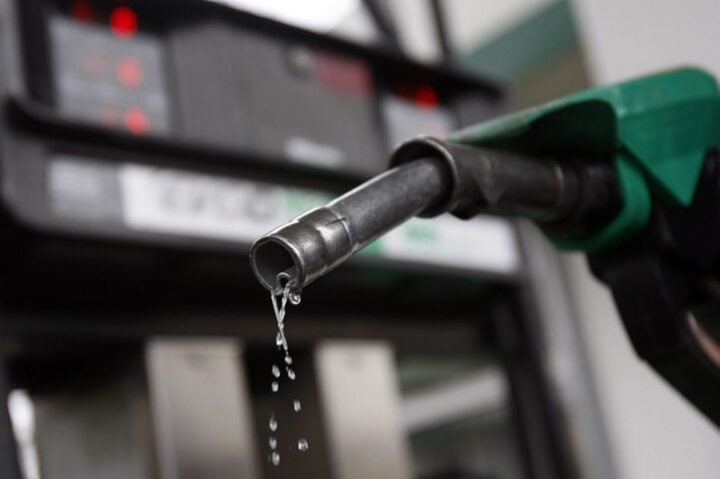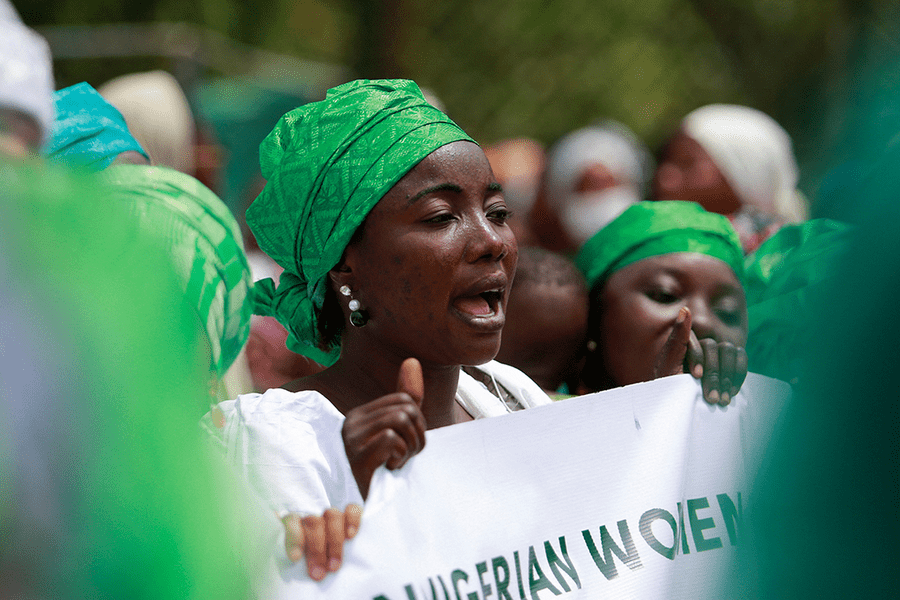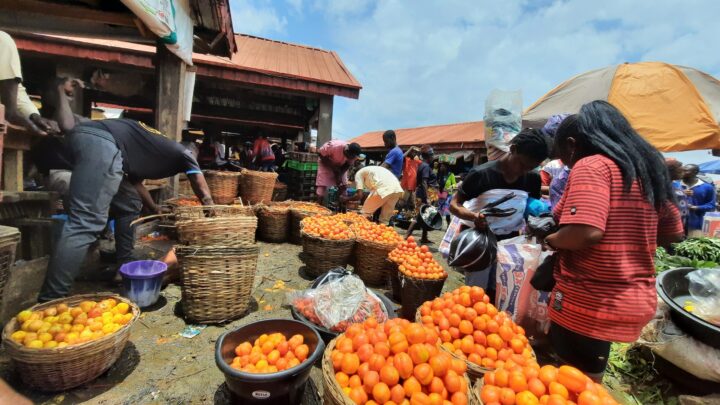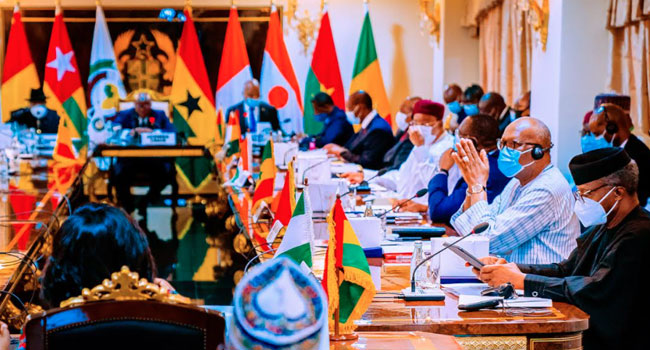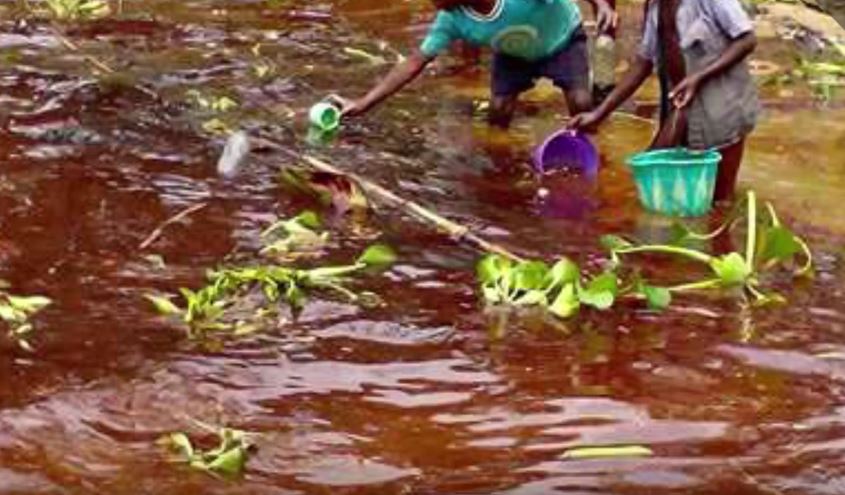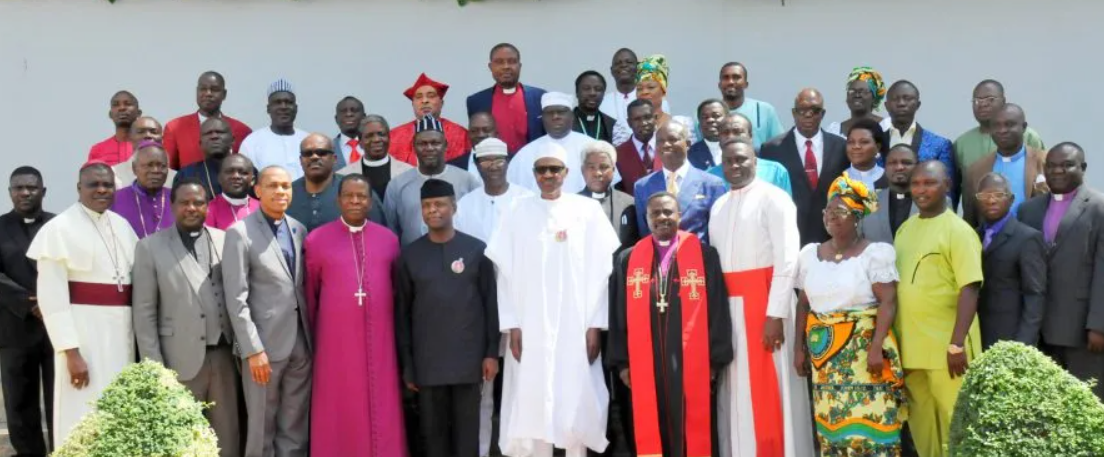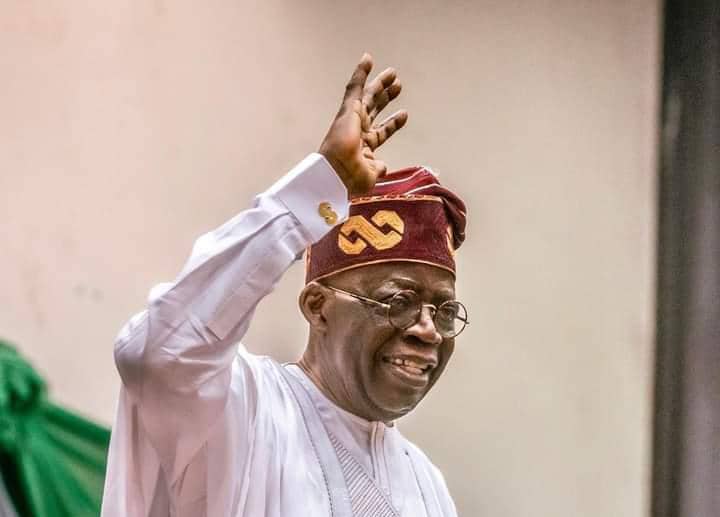BY HAMZAT LAWAL AND ANI NWACHUKWU AGWU
Typically, Nigeria’s fiscal position improves when oil prices rise. This economic phenomenon is called the ‘oil boom’ effect. The recent increase in crude oil prices (33% between January and March 2022) triggered by the war in Ukraine should ordinarily be beneficial to Nigeria’s fiscal position. However, in contrast to past periods of an oil boom, two factors are eating up the opportunities presented by high oil prices.
The first factor is falling oil production. Oil production has consistently fallen below Nigeria’s Organisation of the Petroleum Exporting Countries (OPEC) quota (1.8 million bpd). As of May this year, oil production stood at 1.5 million barrels per day (bpd) – the lowest in 15 years – stemming mainly from oil theft and production inefficiencies. The second factor is petrol subsidy payments. In 2020, the cost of petrol subsidy stood at US$0.3 billion. In 2021, it had risen to US$4.5 billion. In this year’s amended budget, petrol subsidy is estimated to cost Nigeria US$9 billion – higher than the combined budget allocation for education, health and social protection.
Whereas households in the bottom 40% of the income distribution account for less than 3% of all gasoline purchases in Nigeria, three-quarters of all gasoline sold in Nigeria is consumed by private firms, public transportation services, and government agencies and a substantial share is smuggled out of Nigeria for resale in neighbouring countries. Somewhat, the government is subsidising illegal trade (smuggling) while also preventing the formation of a legitimate market for cross-border petrol transportation and sale.
Advertisement
To keep it short, perhaps, the best way to understand the politics of petrol subsidy is to borrow insights from President Muhammadu Buhari, who in 2015, described petrol subsidy as fraudulent payments. His position that petrol subsidy is a brainchild of political corruption cannot be truer because the benefits overwhelmingly accrue to wealthier households, and a large share is captured by smugglers and black marketeers. Under the subsidy regime, we are unconscionably sacrificing opportunities for critical investments in physical and human capital to fund some unholy appetites of the elites.
Where are the poor and vulnerable groups in all these? Where are their interests? Are they forgotten? They simply do not matter? For every US$1 billion paid to subsidy marketers or oil smugglers, there are prohibitive opportunity costs. While petrol subsidy unforgivably constitutes unsustainable fiscal burdens on the federation, it disproportionately affects the poor and vulnerable groups. One specific way this happens is through inflationary pressures.
Before the war in Ukraine, higher inflation pushed an estimated 8 million more Nigerians into poverty between 2020 and 2021. In 2021, inflation averaged 17%, undermining Nigeria’s economic recovery by eroding the purchasing power of the most vulnerable households. The World Bank projects that the added inflationary pressure emanating from the war in Ukraine could push as many as one million more Nigerians into poverty, on top of the six million already projected before the war. Overall, the “inflation shock” is estimated to result in about 15 million more Nigerians living in poverty between 2020 and 2022.
Advertisement
Perhaps, the most frightening implication of petrol subsidy on public finance is the precarious fiscal position of sub-national levels of government. This is because most states rely heavily on the federation account to meet their obligation. As such, diminished revenue inflows to the federation account distort revenue integrity and jeopardise fiscal sustainability. For example, in Bayelsa state, federal transfers account for 91% of revenues, and declining transfers caused a 22% drop in Bayelsa’s revenues per capita in 2021.
According to the World Bank, Nigeria’s fiscal deficit in 2022 is expected to grow to 5.8% of GDP, up from an earlier projection of 5.3%. Already, the results are trickling in with NNPC’s zero remittance to federation accounts for months going now – a situation that may lead to state governments’ inability to pay salaries and administrative expenses. Inevitably, this will lead to more borrowing.
We fear that the unholy appetites of the elites (petrol subsidy and its consequences) are fueling citizens’ distrust, cynicism and social grievances. Left unresolved for a longer time, they could crystallise into violent demonstrations and political instability. From catastrophic security experiences to tertiary institutions being closed down due to perennial industrial disputes, mass protests will be a dangerous path for Nigeria. In this likely event (may it not happen), the poor and vulnerable will be balkanised and further cannibalised – they are always at the receiving end!
For macroeconomic survival and stability to return, Nigeria needs the consensus of the elites on the future of petrol subsidies. As everyone already knows, petrol subsidy is regressive, opaque, costly, inefficient, unsustainable, harmful, and unfair. It has to go and the proceeds reinvested in critical sectors that would spur growth in a pro-poor manner. It is true that many Nigerians do not support removing the petrol subsidy. This is simply because they do not trust the government to use any fiscal savings for pro-poor causes. While petrol subsidy removal will remain politically sensitive, it is disproportionately benefitting the elites who need no subsidy. It has to go!
Advertisement
We must admit, however, that the poor and vulnerable groups would need to endure temporary hardships if petrol subsidy must give way to a long-term reform agenda. Since the buck stops on President Buhari, he must, therefore, summon the will to lead the conversation; overcome all constraints and generate the trust needed to pursue politically sensitive and hard reforms. Fundamentally, this does not require business-as-usual gloves.
The mix of politics and policy that will play out must be business unusual. The recalcitrant insistence and politicisation of subsidy removal arguments is a way the elites cannibalise the poor and vulnerable groups. By any means necessary, petrol subsidy has to give way. It is economic cannibalism!
Lawal is the founder/CEO of Connected Development. Agwu is the head of research and policy at Connected Development. For correspondence, please contact Ani at [email protected]
Acknowledgement: This piece immensely benefited from the Nigeria Development Update. NDU is a World Bank report series produced twice a year which assesses recent economic and social developments and provides an in-depth examination of selected economic and policy issues and an analysis of Nigeria’s medium-term development challenges.
Advertisement
Views expressed by contributors are strictly personal and not of TheCable.
